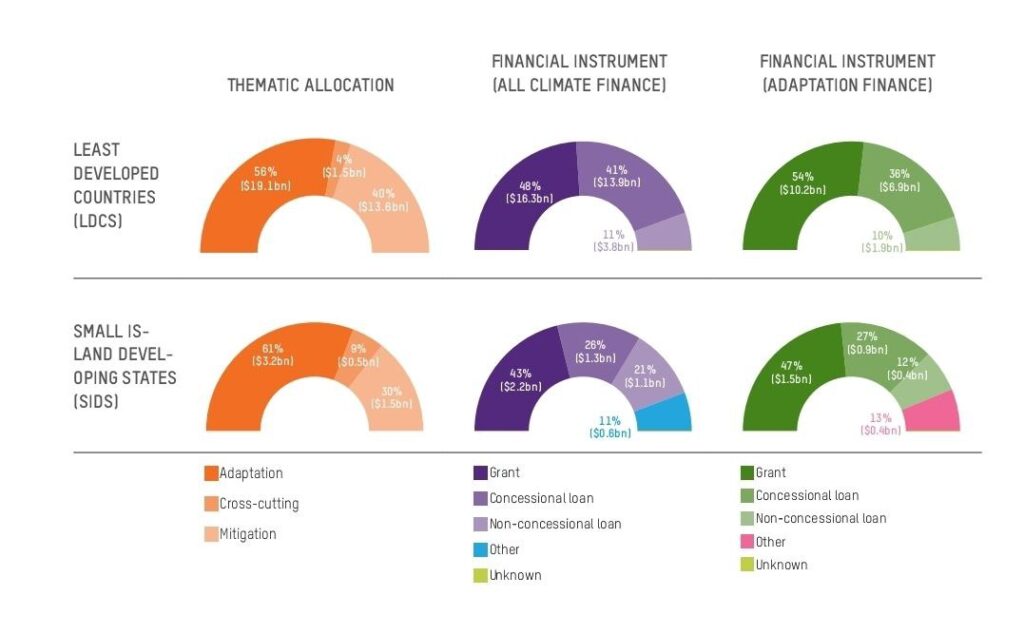From 9–11 October 2025, the British Council’s Teaching English programme will host World Teachers’ Day 2025, a free, online global celebration designed for English language teachers and teacher educators – but not exclusively, the event will also support the professional development of teachers who teach other subjects. The conference is themed ‘Global voices, future focus’
Over three inspiring days, participants will have the chance to connect with peers from every continent, share experiences, and gain practical skills that can be applied immediately in their classrooms.
This dynamic professional development event goes beyond theory — it’s an immersive learning experience that blends cutting-edge ideas with real-world classroom practice. All sessions are led by experienced English language teachers and teacher educators who understand the challenges and opportunities of today’s teaching environments. Participants will explore fresh approaches to digital teaching, managing multilingual classrooms, integrating sustainability education, and embedding 21st-century skills into everyday lessons.
By joining this vibrant, interactive platform, teachers will not only update their skills but also expand their global professional network, leaving them better equipped, inspired, and connected than ever before.
World Teachers’ Day 2025 will unfold across three thematic days:
9 October – Professional development and digital tools
Sessions include:
Rethinking professional development in a connected world (Plenary, Cecilia Nobre)
Top tips for reflective practice (Anestin Lum Chi)
Using AI to boost confidence (Man Wu)
Digital storytelling and multimedia projects (Mary Rose Banaag)
10 October – Multilingualism and 21st-century skills
Sessions include:
Multilingual approaches in the classroom (Panel: Amol Padwad, Yiviri Tombir, Adrienn Szlapak)
Classroom management in multilingual classes (Aung Min Paing)
Design thinking in projects (Ana Lucía Castells Ruiz)
Integrating 21st-century skills (Sherly Hephzibah)
11 October – Sustainability and language skills
Sessions include:
Making sustainability part of daily practice (Plenary, Christopher Graham)
Role play to teach climate change (Iman Hassan Zain)
Vocabulary games for problem solving (Iyabọ Adebimpe Akintola)
Boosting learner engagement in speaking activities (Inga Mdivani)
David Maynard, Country Director, British Council Ethiopia, commented:
“This event is a fantastic opportunity for teachers in [country] to access global thought leadership on English language teaching. From AI innovation to sustainability in teaching, all for free. We especially encourage educators to register, learn, and connect with peers internationally. All attendees will receive a professional development certificate from the British Council”.
Speaking on the planned event, the Director of English and School Education at the British Council, Michael Connolly, has this to add: “At the British Council, we’re proud to connect, inspire, and empower English teachers around the globe. This conference, themed ‘Global voices, future focus’, is a celebration of our shared commitment to professional growth, inclusivity, and innovation in the classroom. We unite educators from every continent to explore themes like digital teaching, multilingual approaches, climate action, and 21st-century skills towards a more progressive future for learners around the world.
Speaking on the planned event, the Head of English Connects, Alison Devine
“The conference captures the very essence of what TeachingEnglish achieves as a global hub for English educators. The TeachingEnglish online platform enables teachers to connect, reflect and grow. We plan to extend this to the conference, where our experienced panellists will be speaking about digital innovation, exploring multilingualism and 21st-century skills. For us, this fuels teachers’ professional development, creativity and global community.
”Building on the success of previous editions, World Teachers’ Day 2025 offers live access via Zoom, YouTube, and Facebook, with no registration fees — and all sessions are free to attend. Join the conversation via #GlobalVoicesFutureFocus and book your free space now.
Register: https://eu1.hubs.ly/H0mjYF80
About the British Council The British Council is the UK’s international organisation for cultural relations and educational opportunities. We support peace and prosperity by building connections, understanding and trust between people in the UK and countries worldwide. We do this through our work in arts and culture, education and the English language. We work with people in over 200 countries and territories and are on the ground in more than 100 countries. In 2022-23 we reached 600 million people.







